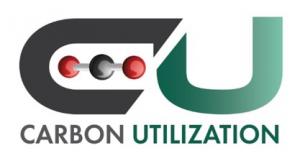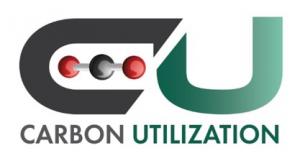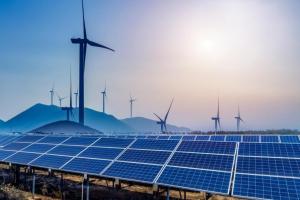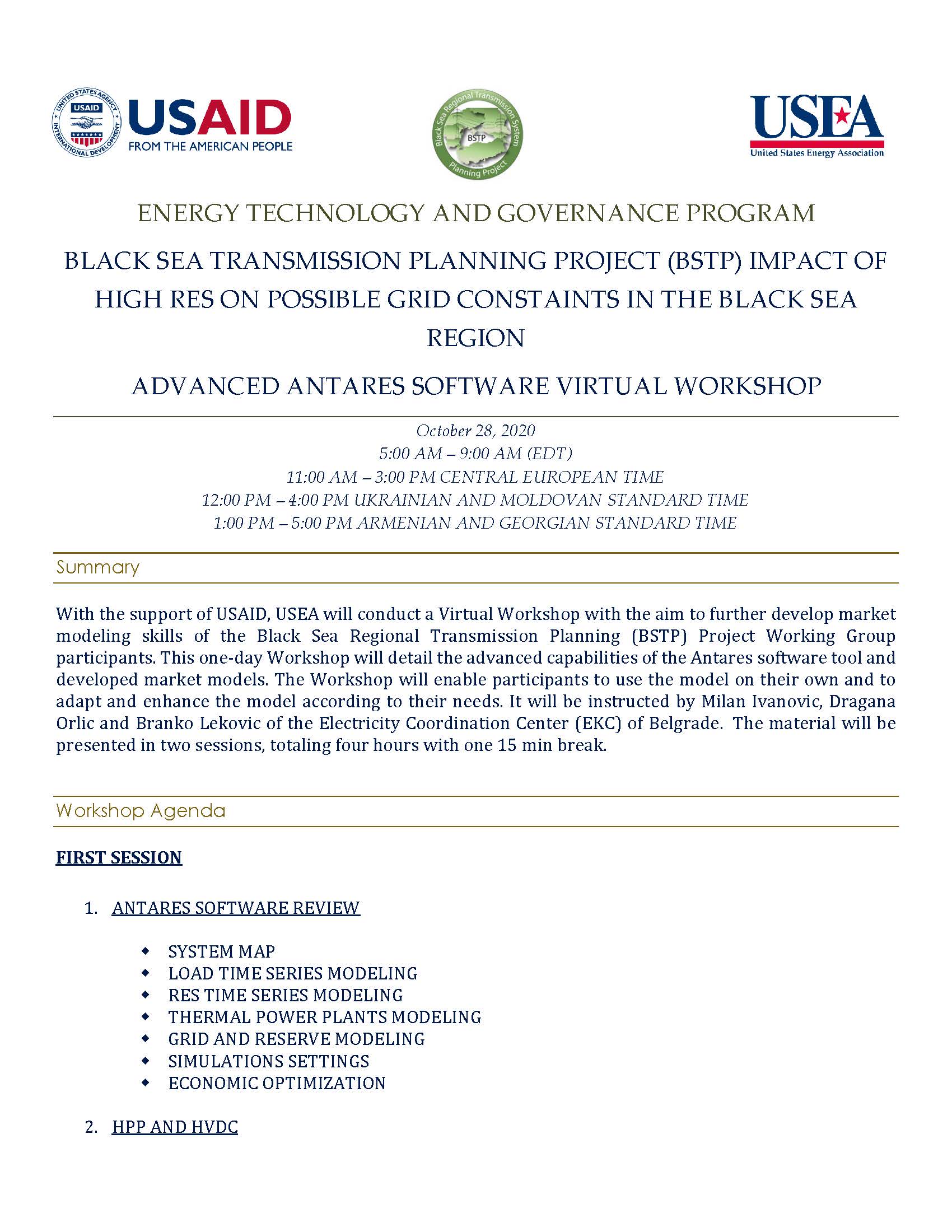June 28th, 2022
The Infrastructure, Investments and Jobs Act, also commonly known as the Bipartisan Infrastructure Law (BIL), sections 41003c and 41003d, represent an extraordinary opportunity to help develop sustainable domestic critical material supply chains. Critical materials such as neodymium and dysprosium for magnets; lithium, cobalt, and class 1 nickel for batteries; platinum group metals for catalysts, electrolyzers and fuel cells; and gallium and g
June 21st, 2022
Register Here
As the United States (U.S.) economy moves toward clean energy and a lower carbon future, the U.S. Department of Energy (DOE) is seeking to partner with states, communities, and industries to support the procurement and development of carbon conversion products. These efforts have been enabled by provisions included in the Bipartisan Infrastructure Law (BIL).
June 14th, 2022
As the United States (U.S.) economy moves toward clean energy and a lower carbon future, the U.S. Department of Energy (DOE) is seeking to partner with states, communities, and industries to support the procurement and development of carbon conversion products. These efforts have been enabled by provisions included in the Bipartisan Infrastructure Law (BIL).
April 18th, 2022
Free and open to the Public.
The U.S. Department of Energy’s Office of Economic Impact and Diversity (DOE-ED) and Office of Fossil Energy and Carbon Management (DOE-FECM) are holding a public listening session in New Orleans focused on environmental, climate, and energy justice considerations associated with large-scale carbon management infrastructure projects.
March 30th, 2022
Join us and the Interagency Working Group on Coal and Power Plant Communities & Economic Revitalization for a national workshop exploring strategies for and the many benefits of repurposing legacy fossil fuel infrastructure, including closed coal mines, coal power plants, and orphaned oil and gas wells.
March 8th, 2022
Hydrogen has a long history from powering the first combustion engines over 200 years ago to becoming an integral fuel of the modern refining industry. However, due to safety concerns and the advent of alternate energy sources, hydrogen in the past never became mainstreamed as a viable fuel choice.
November 17th, 2021
The Government of Honduras (GOH) has made significant strides improving macroeconomic indicators over the last several years, however; progress has been more difficult in the energy sector despite a number of important advances.
September 30th, 2021
On September 30, 2021, in cooperation with the U.S. Department of Energy's Office of Fossil Energy and Carbon Management, USEA's Consensus Program held a workshop on Models for Deployment of CCUS Hubs. The first half of the workshop consisted of presentations from NGO's and academic insitutions presenting various models, studies, and reports they had produced looking at the importance of CCUS and CCUS Hubs to decarbonization efforts.
April 26th, 2021
Under USAID's Greening the Grid Partnership, the U.S. Energy Association (USEA) is implementing a series of activities to support regulators and system operators from the national, regional and state load dispatch centers and other stakeholders.
Pages






